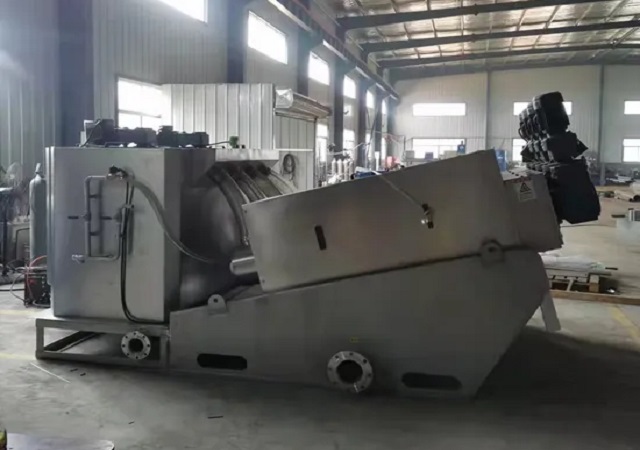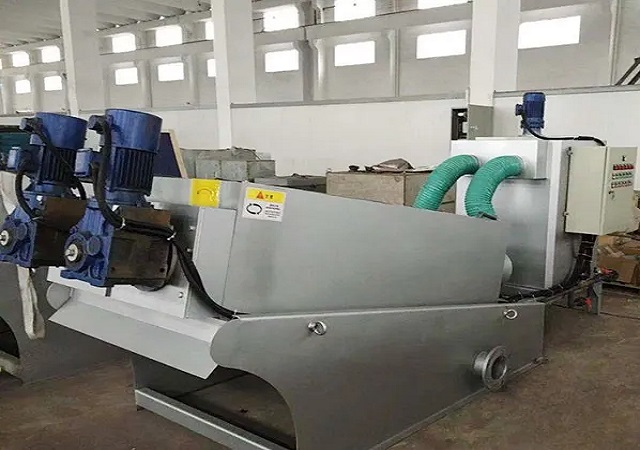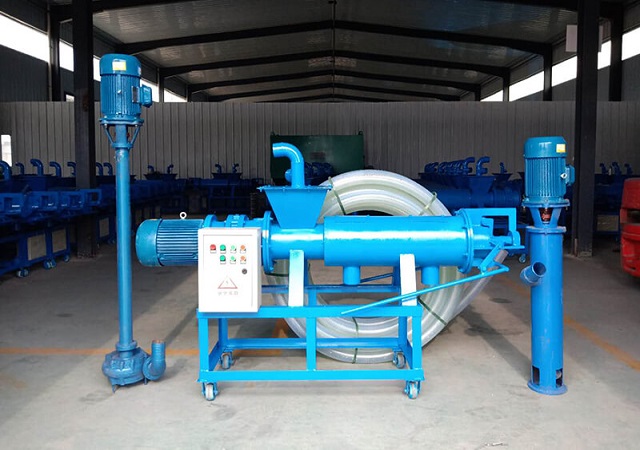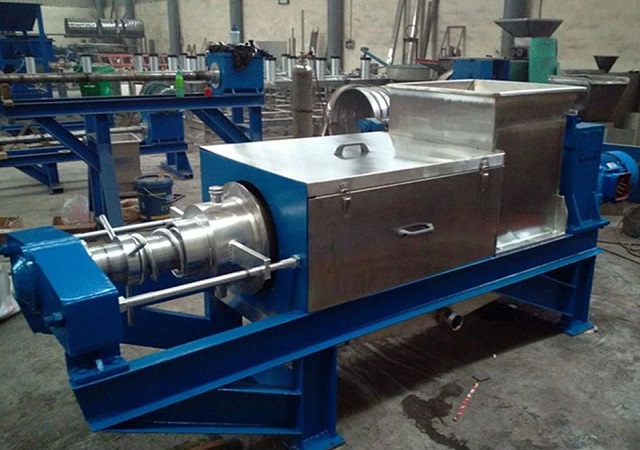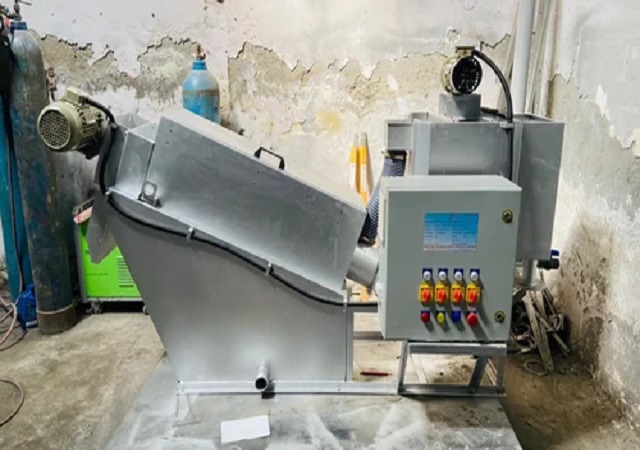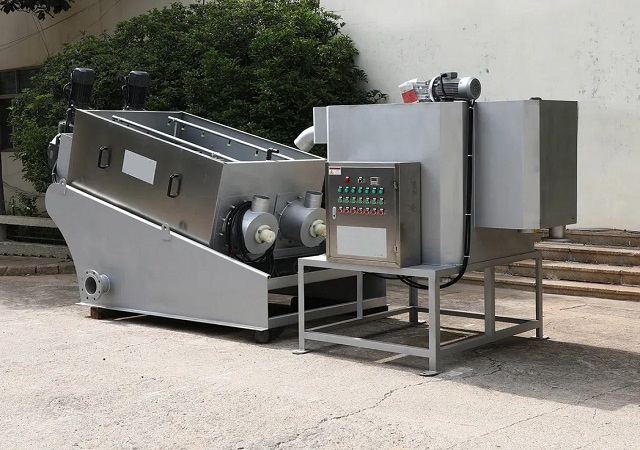Dewatering System
Kerone Engineering Solutions Ltd. is a leading company in the provision of advanced industrial heating, drying, and process solutions of engineering globally. Having more than 50 years of expertise, we are experts in designing, producing, and delivering custom-made, state-of-the-art systems to meet the ever-changing requirements of the industries across the globe.
We have been involved in engineering excellence, sustainability, digitalization, and technological innovation to become a reliable collaborator whose business partners are in various industries. Kerone will implement Artificial Intelligence (AI), Machine Learning (ML), and Internet of Things (IoT) technologies in our systems to ensure smarter automation, real-time monitoring, predictive maintenance, and process optimization that is data-driven, thus enabling our clients to be more productive, efficient, and reliable.
The Kerone systems are designed to meet Industry 4.0, which leverages AI-powered analytics and IoT connections to provide clients with data insights and intelligent automation to manufacture next-generation products.
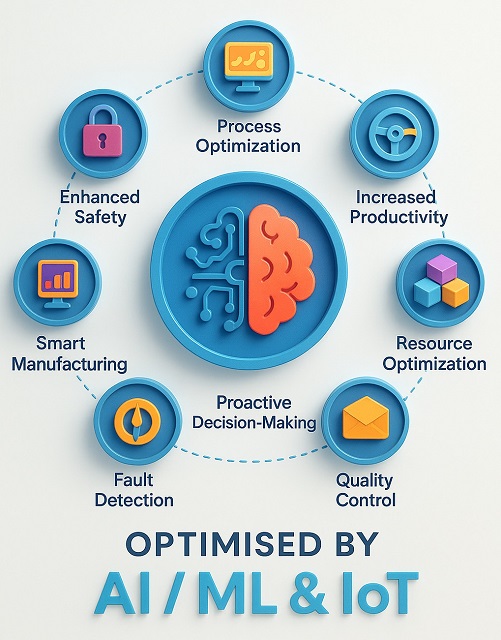
Dewatering machines are specialized equipment designed to remove excess water from solids, slurries, or liquid materials. They play a critical role in various industries, including construction, mining, food processing, and wastewater treatment. The process of dewatering not only helps to minimize waste volume but also enhances material handling, transportation, and disposal efficiency. Common types of dewatering machines include centrifuges, belt presses, and filter presses, each employing distinct methods to achieve optimal water removal.
For instance, centrifuges use centrifugal force to separate liquids from solids, while belt presses apply mechanical pressure to extract moisture. In addition to improving operational efficiency, dewatering machines contribute to environmental sustainability by reducing water consumption and preventing pollution. As industries continue to evolve, the demand for advanced dewatering technologies is expected to grow, driving innovations that enhance performance, energy efficiency, and automation. Overall, dewatering machines are indispensable tools that facilitate effective waste management and resource recovery, ensuring a cleaner and more sustainable future.
Types of Dewatering Machine- Cocopeat Dewatering Machine
- Forage Screw Dewatering Machine
- Organic Waste Dewatering Machine
- Cow Dung Dewatering Machine
- Poultry litter dewatering machine
- Sludge Dewatering Machine
- Dewatering systems effectively extract excess water from soil or slurry, improving stability and usability.
- These systems are utilized in various applications, including construction, mining, wastewater treatment, etc.
- Dewatering systems are typically constructed from corrosion-resistant materials, enhancing their longevity and reliability.
- Dewatering systems are modular, allowing for easy expansion or adaptation to meet specific project requirements.
- It equipped with sensors that provide real-time data on performance metrics and operational efficiency.
- The dewatering system effectively removes excess moisture from cocopeat, improving its usability as a lightweight, water-retaining substrate for horticulture.
- Implementing a dewatering system in wastewater treatment facilities effectively reduces sludge volume, simplifying handling and disposal while recovering valuable water resources.
- A dewatering system for poultry waste effectively reduces moisture content, converting it into nutrient-rich organic fertilizer suitable for crop production.
- Dewatering systems for cow dung reduce its water content, enhancing transport and storage efficiency. This process also facilitates biogas extraction through anaerobic digestion.
- By using dewatering technology on organic waste, municipalities can reduce landfill contributions and produce a concentrated feedstock for composting or anaerobic digestion.
- The dewatering system is essential in forage processing as it lowers moisture levels, improving the shelf life and nutritional quality of livestock feed.
Dewatering systems are indispensable for effective water management across various industries, significantly enhancing safety, improving construction efficiency, and protecting the environment when implemented correctly. It is crucial to understand the types of dewatering systems available, the factors influencing their selection, and the benefits they provide for any project involving water management. As technology advances, the development of more efficient and environmentally friendly dewatering methods continues to shape the future of this essential field.
Kerone, as a leading manufacturer and supplier of dewatering solutions, is committed to delivering innovative systems that meet industry demands. By prioritizing proper installation, operation, and maintenance, organizations can ensure project success while safeguarding the surrounding environment. Investing in a reliable dewatering system from Kerone is a proactive step toward achieving long-term project success and sustainability.

